By Paul R Salmon FCILT,FSCM,FCMI
In Defence, “robbing” or “cannibalising” spares refers to removing components from one asset (vehicle, ship, aircraft, or system) to repair another. It’s a long-standing practice used to get critical platforms back into service faster, especially in high-urgency operational environments. However, while robbing may boost short-term availability, it can create longer-term readiness and cost issues.
Arguments FOR Robbing Spares
(Tactical Benefits & Operational Imperatives)
Rapid Return to Service Gets priority assets mission-ready without waiting for supply chain replenishment. Critical in combat or high-readiness scenarios where hours matter. Operational Flexibility Allows commanders to concentrate capability on fewer, fully functional assets. Enables adaptive responses when supply lines are disrupted. Maximises Use of Existing Resources Makes use of grounded platforms that might otherwise sit idle. Avoids emergency procurement or expensive expedited shipping. Bridge for Supply Delays Mitigates lead time issues for long-lead or obsolescent parts. Particularly useful for rare or single-source components.
Arguments AGAINST Robbing Spares
(Strategic Risks & Hidden Costs)
Cannibalisation Cascade One grounded asset becomes two — the robbed platform often remains offline for extended periods. Creates a backlog of maintenance work, increasing long-term downtime. Increased Maintenance Burden Extra removal and installation cycles can damage components and increase wear on connectors, seals, and wiring. Raises overall failure rates and lifecycle costs. Data Distortion Spare parts forecasting becomes inaccurate because the system records multiple fits/removals instead of normal consumption. Can obscure the true scale of shortages. Cultural & Process Dependency Normalises poor planning and reactive logistics. Reduces pressure to fix root causes in supply chain resilience. Loss of Platform Interchangeability In some cases, components need configuration or certification for a specific platform — robbing can create compatibility and assurance risks.
Middle Ground – Controlled Robbing Policies
Rather than banning or endorsing the practice outright, some defence organisations advocate strict policy controls, such as:
Clear Approval Authority — Robbing decisions made at senior engineering or operational level. Defined Criteria — Only for urgent operational needs, not routine maintenance gaps. Post-Robbing Recovery Plan — Committing resources and timelines to restore the donor asset. Data Capture — Recording cannibalisation events to feed into supply chain analysis and forecasting improvement. Root Cause Review — Each robbing incident triggers investigation into supply chain failure.
Strategic Discussion Points for Debate
Operational vs Strategic Readiness: Is short-term availability worth the long-term risk? True Cost Accounting: Do we track the cost of robbing in terms of extra maintenance, manpower, and downtime? Forecasting Impact: How do robbing events distort demand planning, and how can this be mitigated? Alternative Measures: Could improved spares pooling, predictive forecasting, or shared industry stock remove the need to rob? Cultural Shift: Should the aim be to make robbing the exception, not the rule?
Potential Debate Framing
Pro Position: “Robbing spares is a necessary tactical tool in a defence supply chain under operational pressure.” Con Position: “Robbing spares undermines long-term readiness, inflates costs, and masks supply chain failings.”
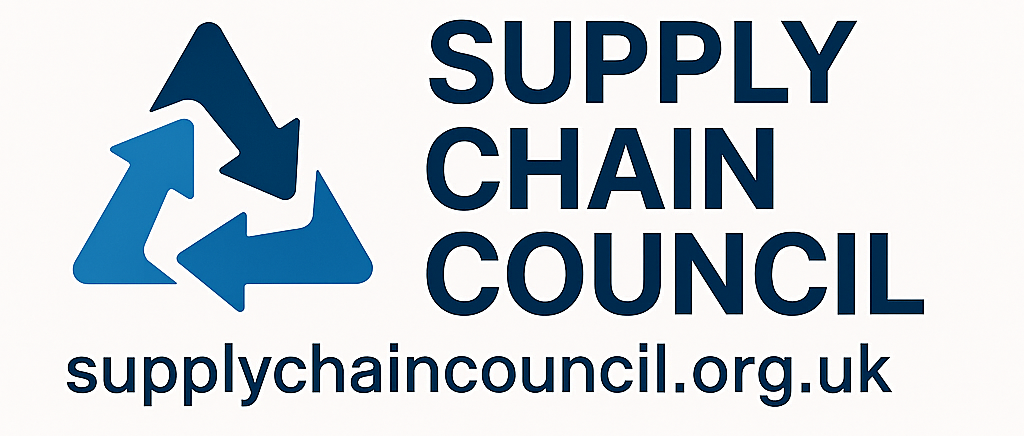

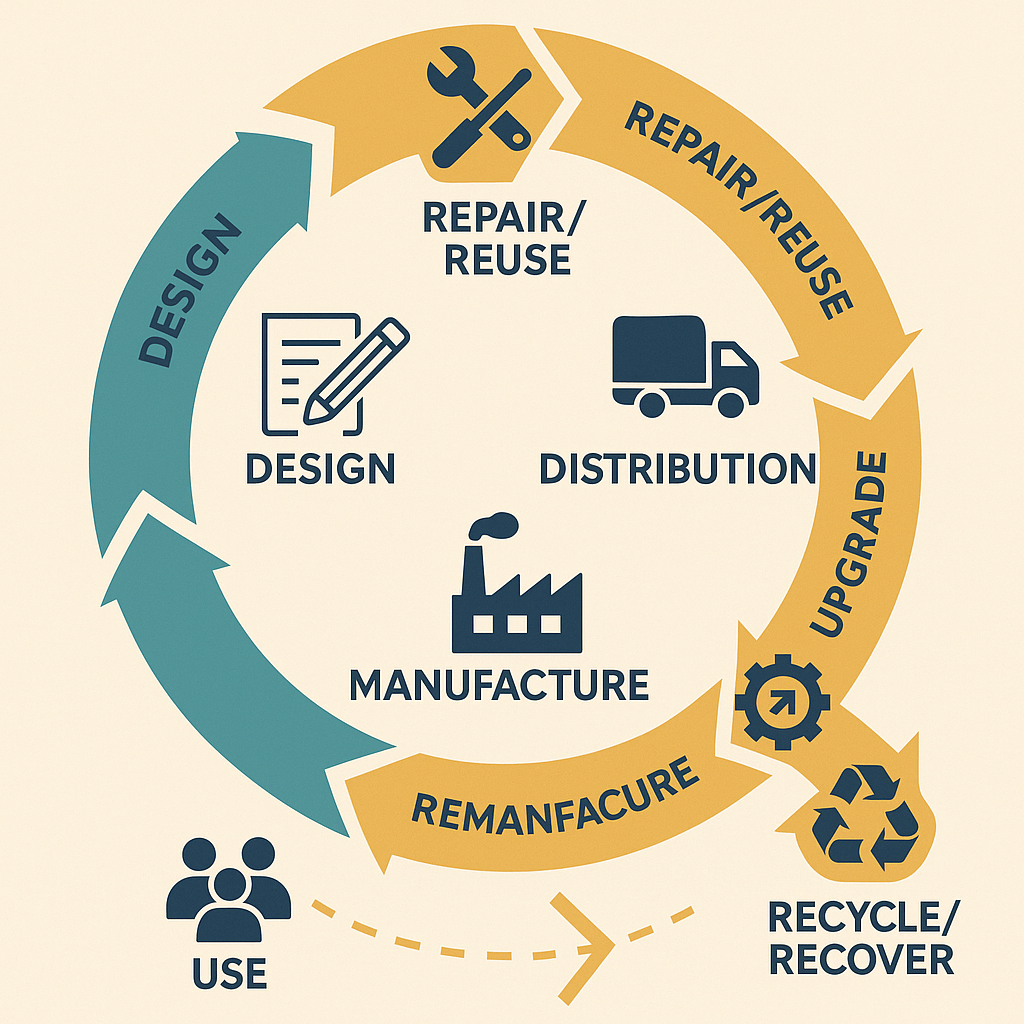
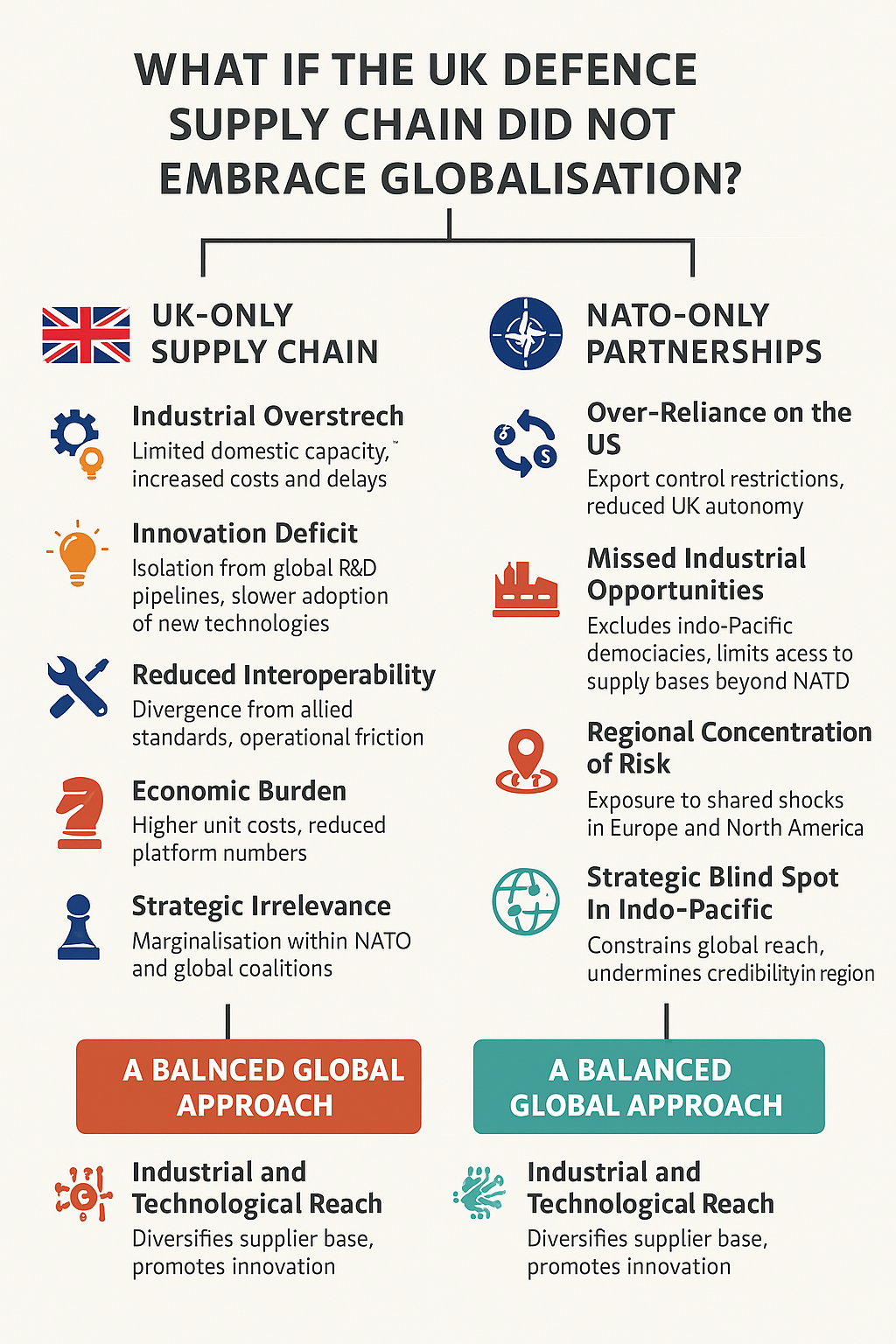
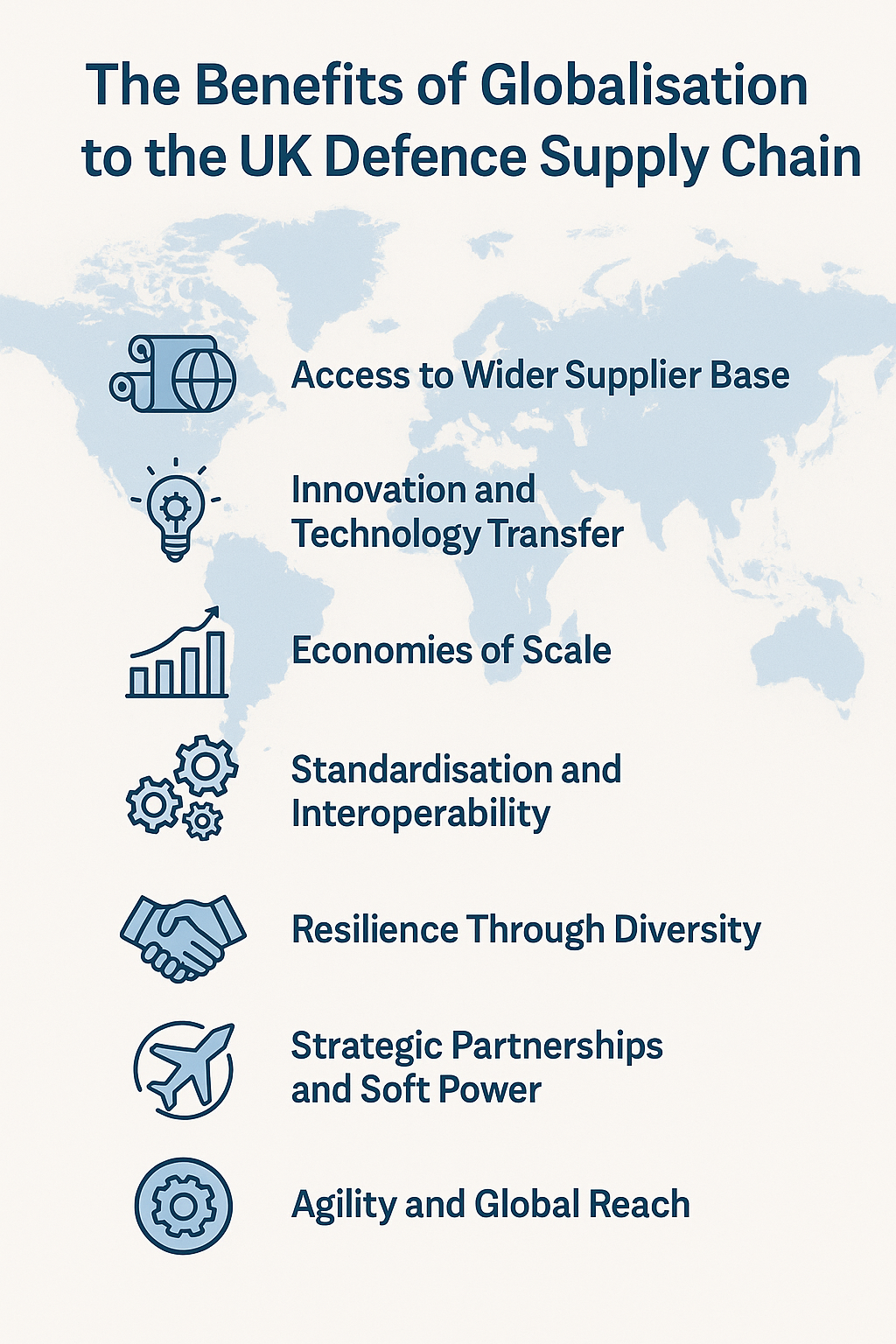
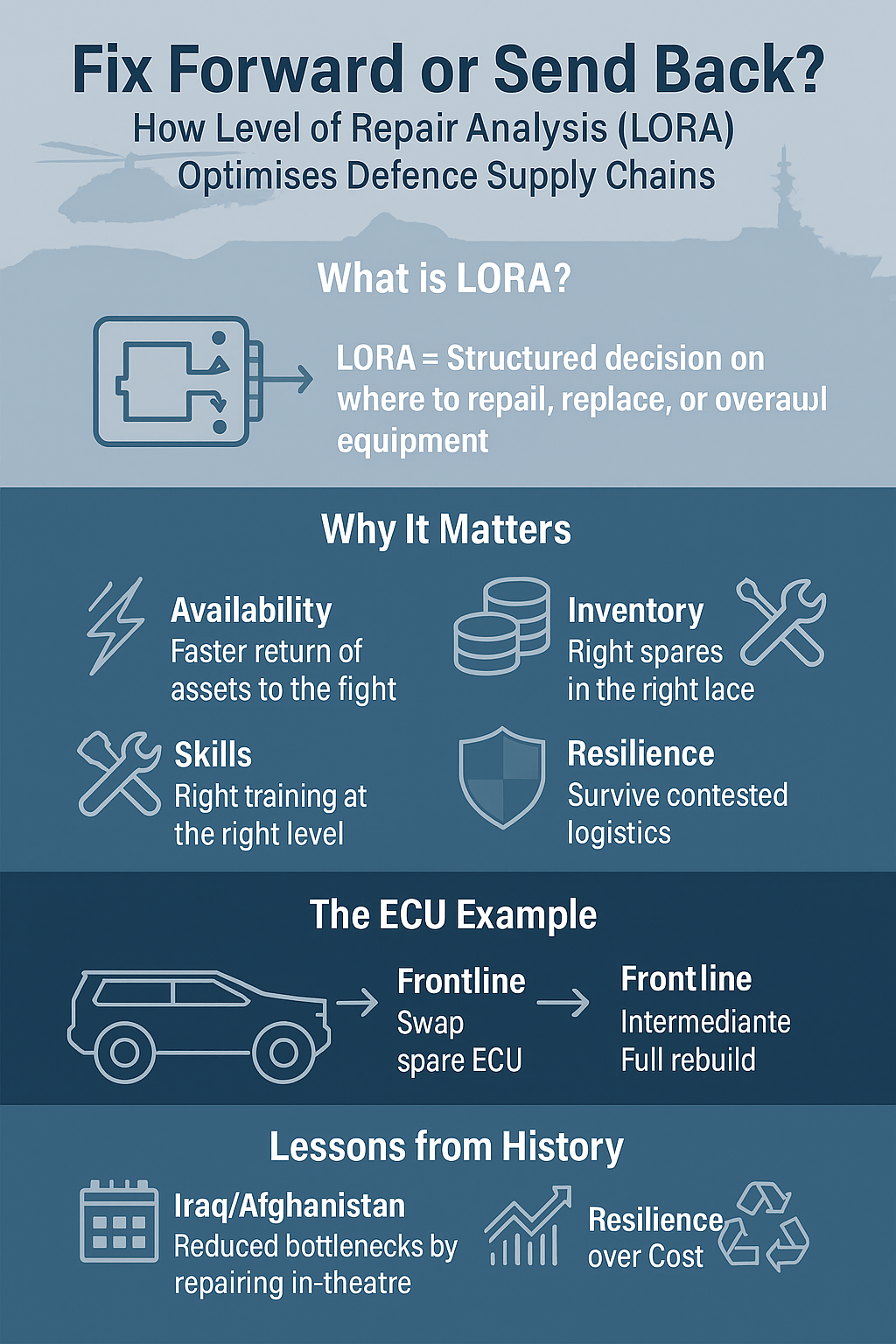
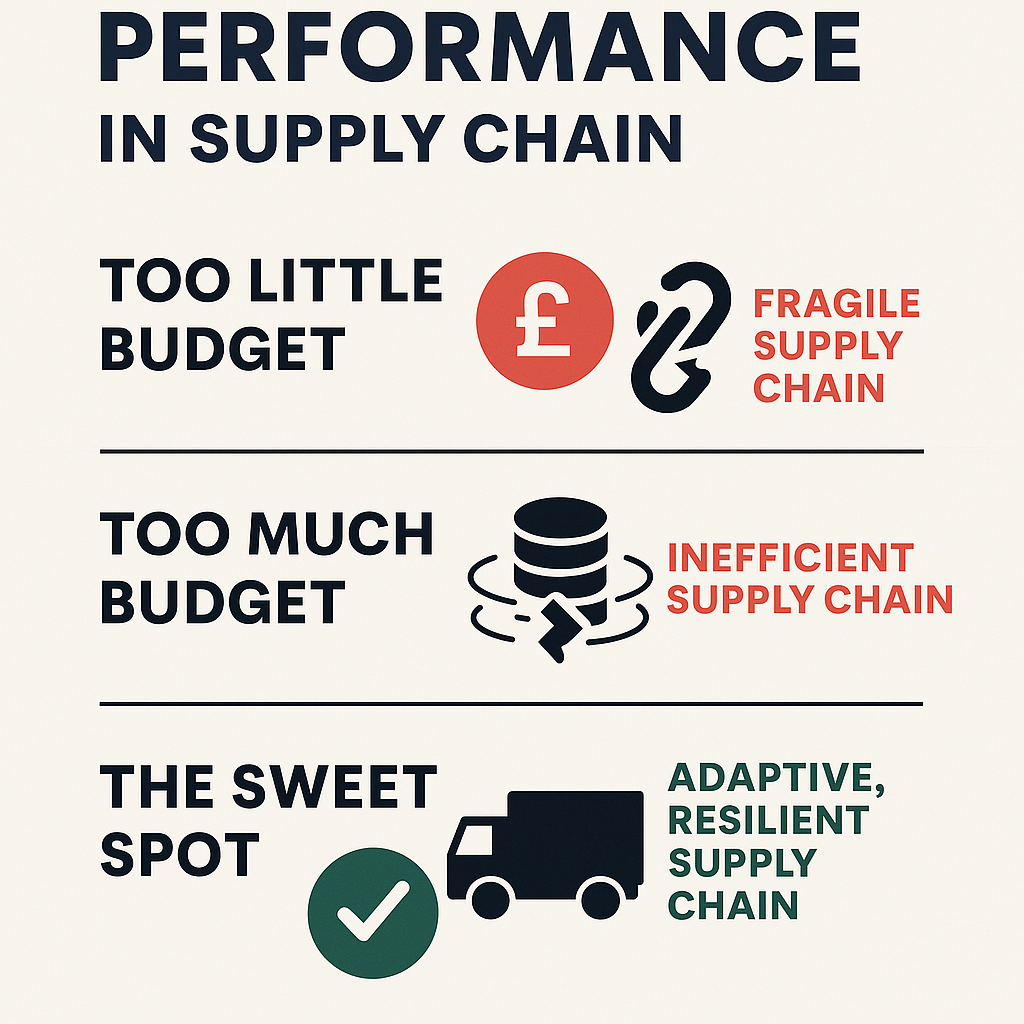
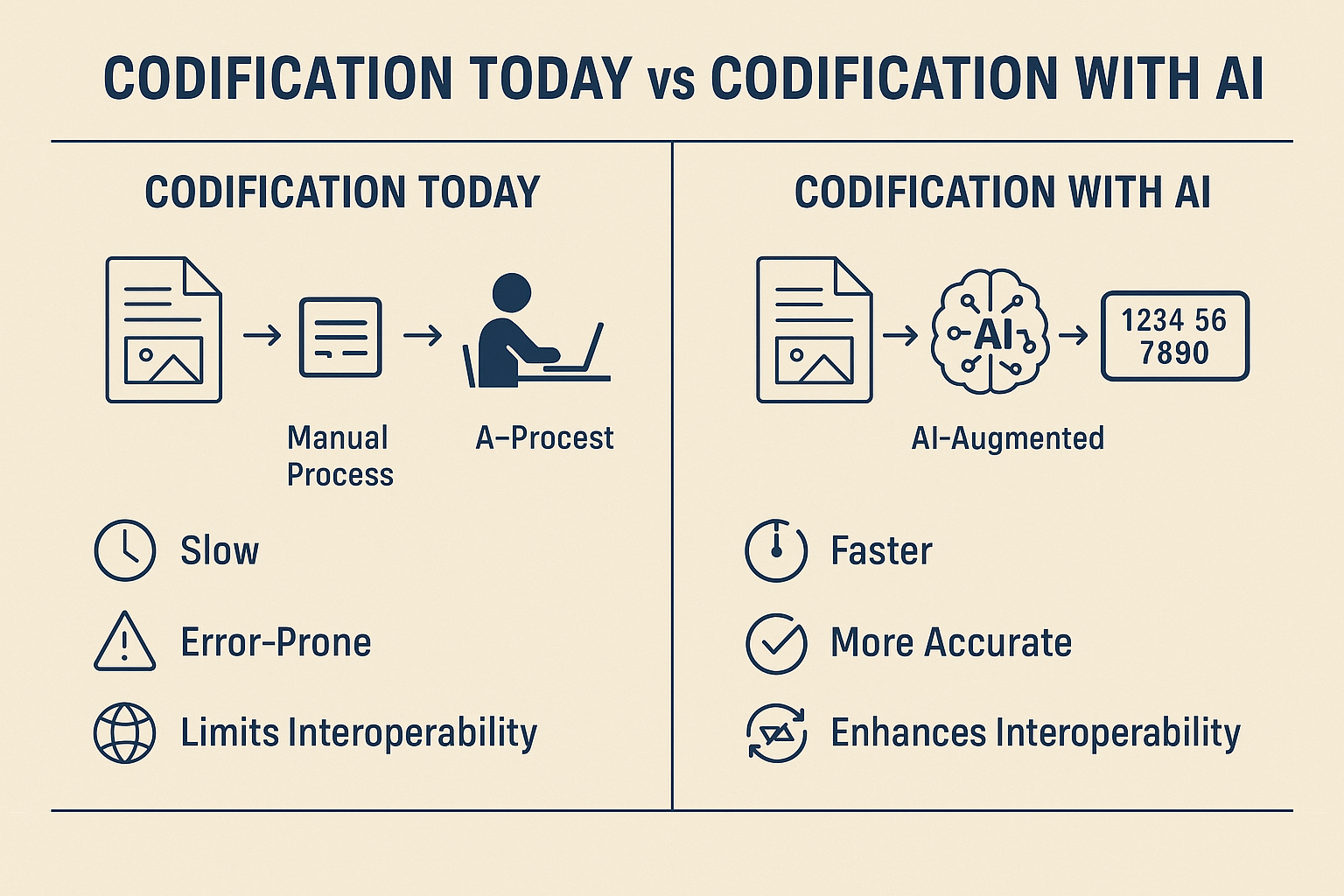
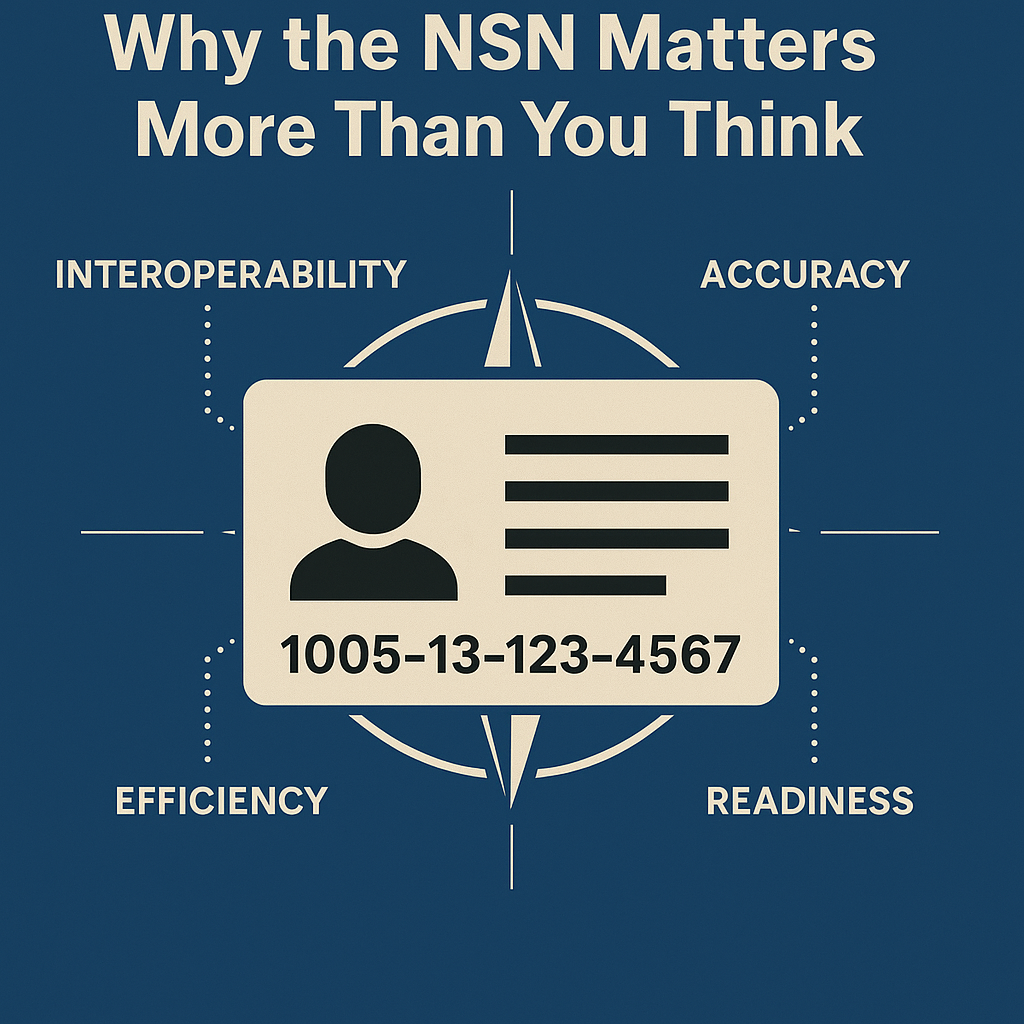
Leave a Reply